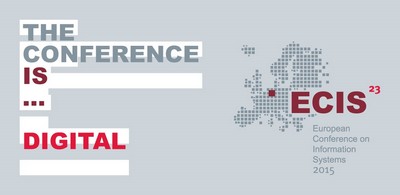DOI
10.18151/7217258
Abstract
Software outsourcing has been the subject of much research in the past 25 years, largely because of potential cost savings envisaged through lower labour costs, ‘follow-the-sun’ development, access to skilled developers, and proximity to new markets. In recent years, the success of the open source phe-nomenon has inspired a number of new forms of sourcing that combine the potential of global sourcing with the elusive and much sought-after possibility of increased innovation. Three of these new forms of sourcing are opensourcing, innersourcing and crowdsourcing. Based on a comparative analysis of a number of case studies of these forms of sourcing, we illustrate how they differ in both significant and subtle ways from outsourcing. We conclude that these emerging sourcing approaches call for conceptual development and refocusing. Specifically, to understand software sourcing in the age of open, the important concept is no longer ‘shoring,’ but rather five identified imperatives (governance sharedness, unknownness, intrinsicness, innovativeness and co-opetitiveness) and their implications for the development situation at hand.
Recommended Citation
Ågerfalk, Pär J.; Fitzgerald, Brian; and Stol, Klaas-Jan, "Not so Shore Anymore: The New Imperatives When Sourcing in the Age of Open" (2015). ECIS 2015 Completed Research Papers. Paper 2.
ISBN 978-3-00-050284-2
https://aisel.aisnet.org/ecis2015_cr/2


